Anglo-Russian Entente 1907
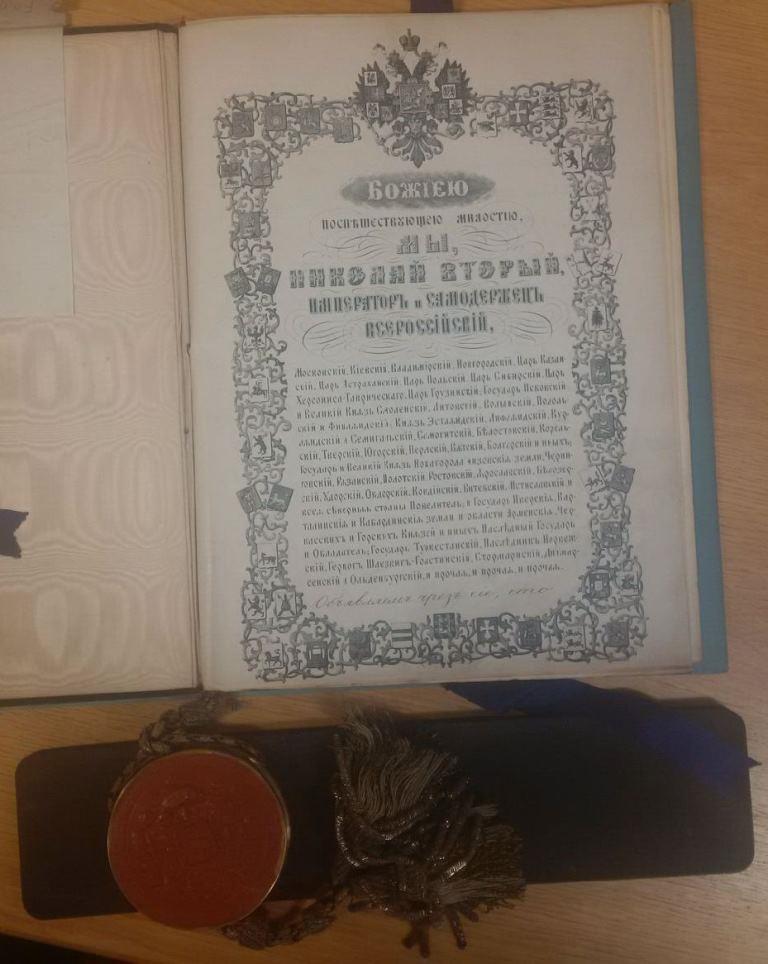
...purposes. Map of Central Asia, Foreign Office List, 1907 The agreement In 1901 Russia opened two consulates in Persia, investing in the Persian railways. The two countries shared a border...

...purposes. Map of Central Asia, Foreign Office List, 1907 The agreement In 1901 Russia opened two consulates in Persia, investing in the Persian railways. The two countries shared a border...
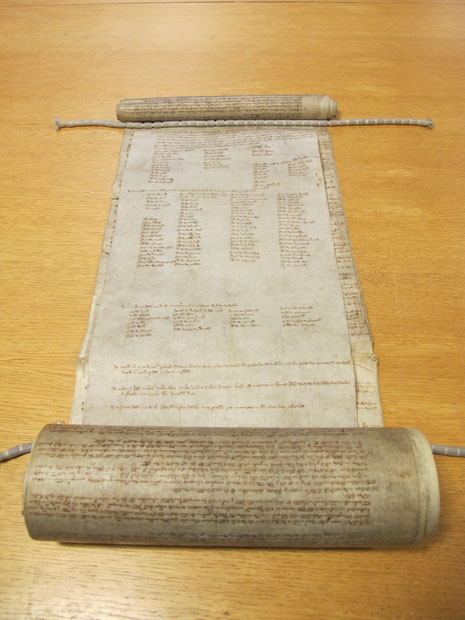
...the Great Seal across their closure), the document on which they were enrolled is called a Close Roll. It is essentially central government’s file copy of the letters that it...
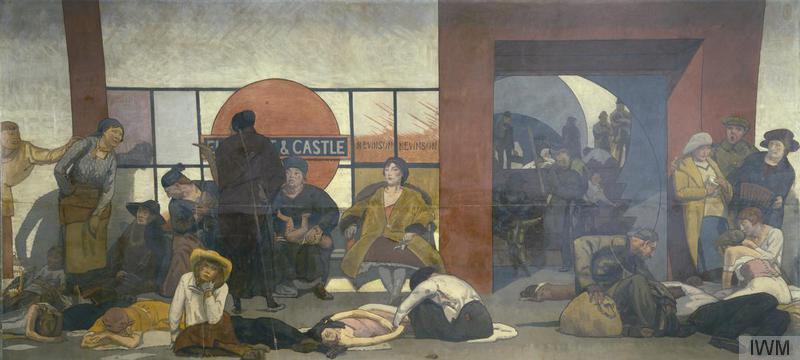
...targets more difficult to find in the dark, from September 1917 street lights in central London were turned off and the distinctively shaped lake in St James’s Park, which served...
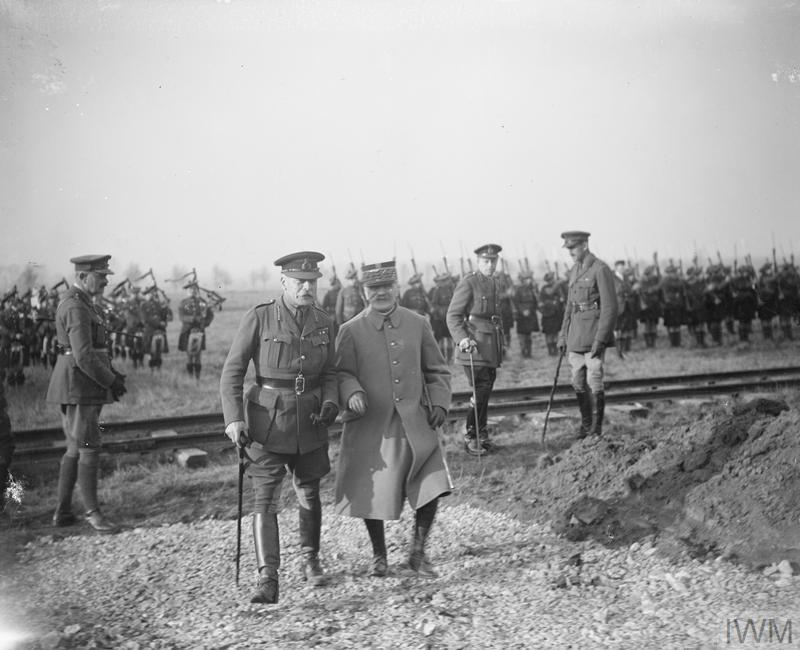
...civilian population. For the Central Powers, there was no hope of a powerful, previously uncommitted ally joining their side with fresh supplies of men and materiel equivalent to the United...
...1814, this time with Russia, by opposing the Tsar’s attempts to annex Poland and give Russia a foothold in central Europe. Castlereagh believed that to appease the Tsar risked creating...
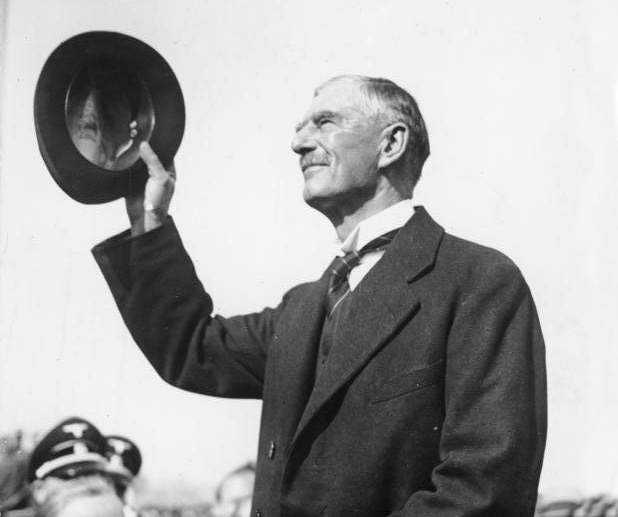
...which Hitler made and broke successive promises and agreements in his bid to dominate central and eastern Europe, while the British government pursued a policy of neither saying it would,...
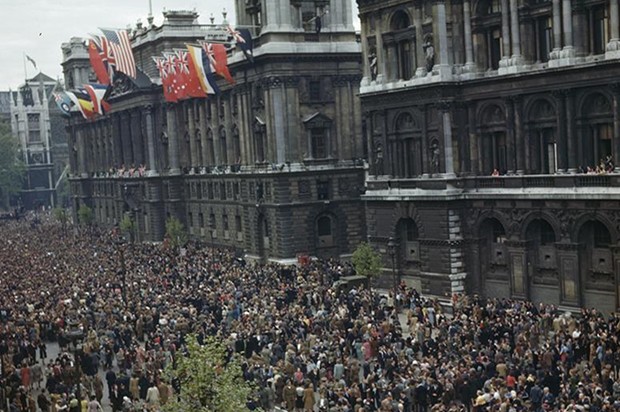
...central and eastern Europe by Soviet forces posed questions for the future. While commemorating a day of victory, it is worth remembering its wider context. War in Asia War...
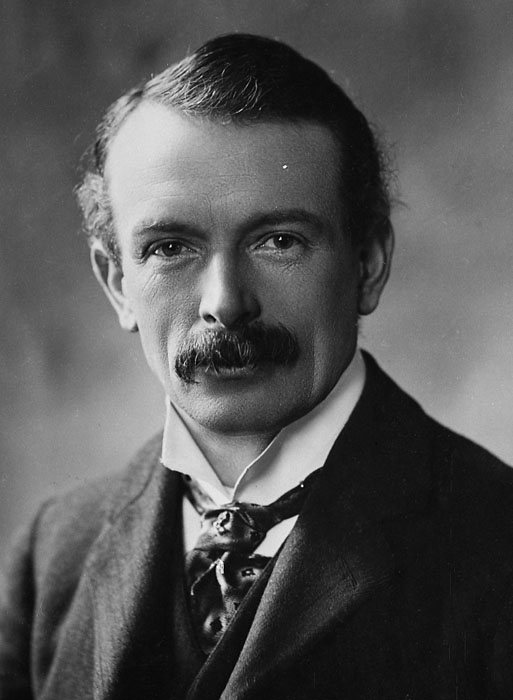
...on the Central Powers. Compulsory service was supported by many Conservatives but opposed by most of the Liberal leadership. By the time it was finally introduced in 1916 a political...
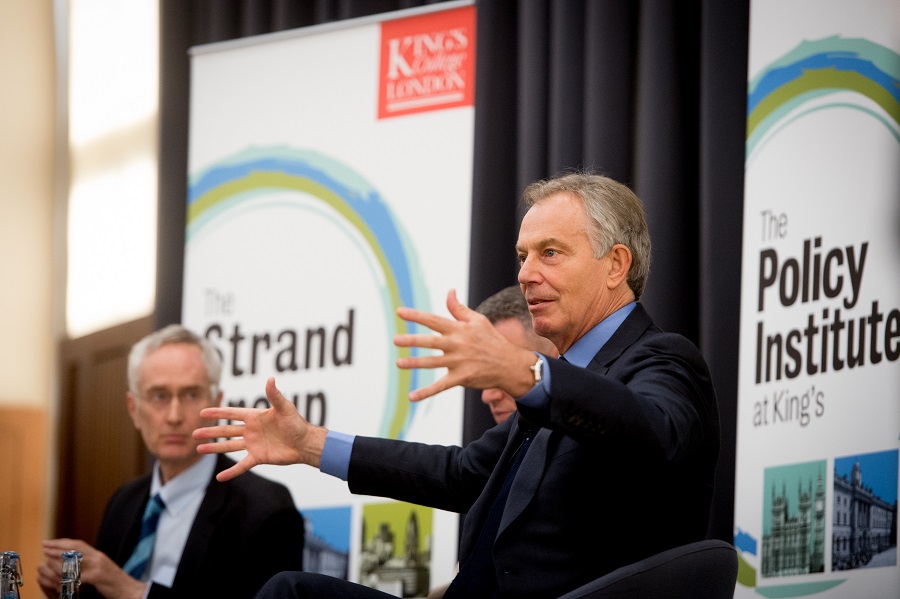
...units to promote particular priorities. For example, Edward Heath formed the Central Policy Review Staff, Harold Wilson established the Policy Unit, and Margaret Thatcher created the Efficiency Unit. Yet responsibility...
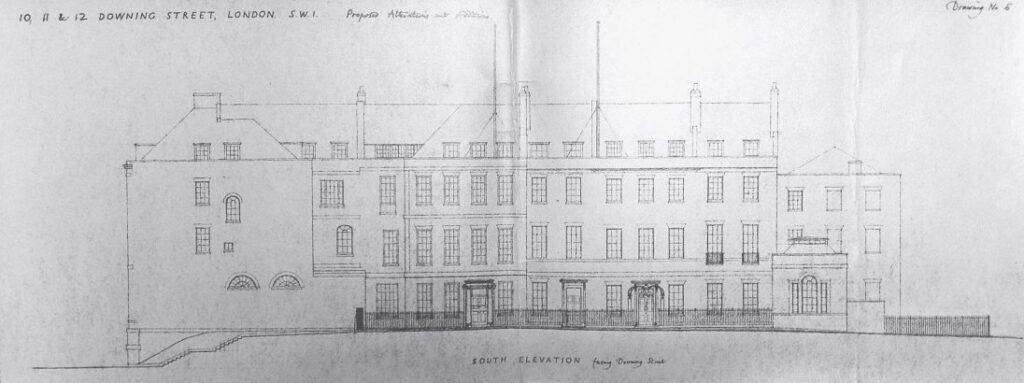
...the centre of British Government. This blog investigates the decisions taken during this process, which would affect the conduct of central government for decades to come. Harold Macmillan Arrives at...